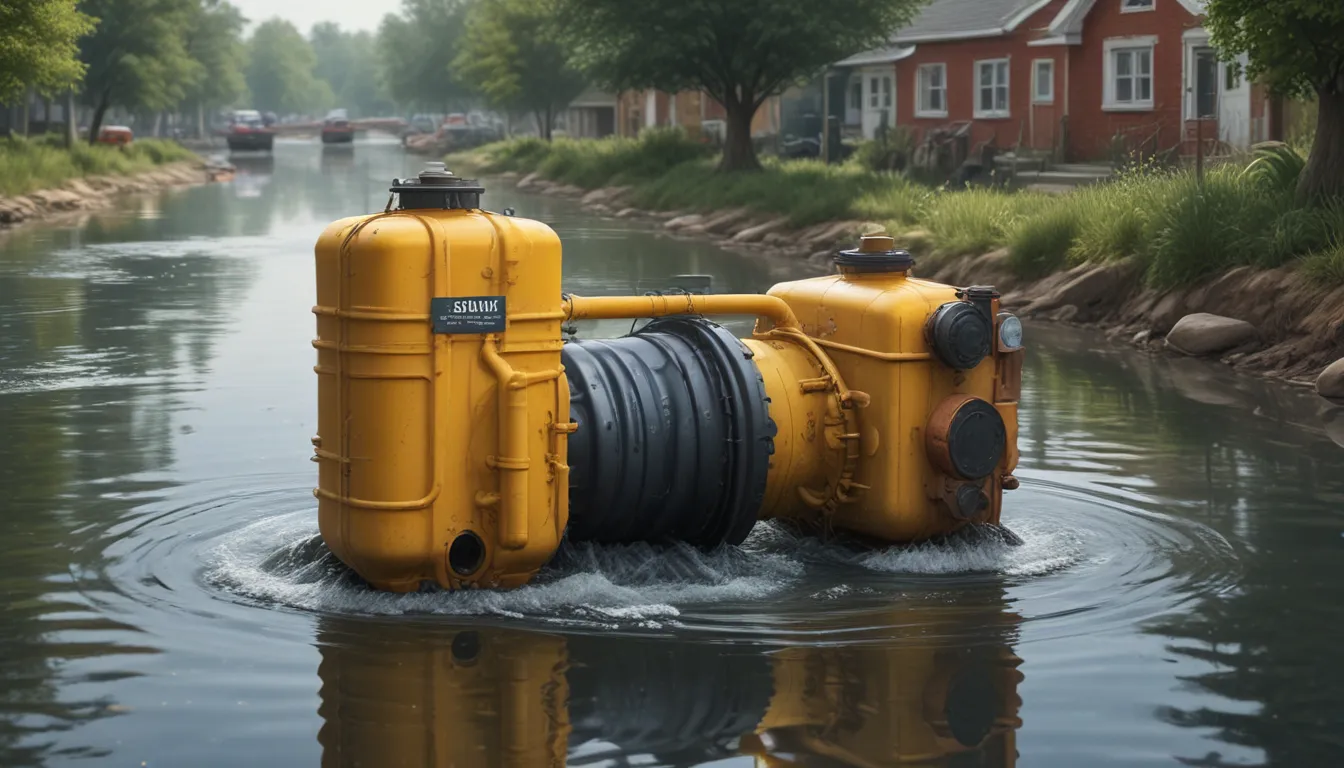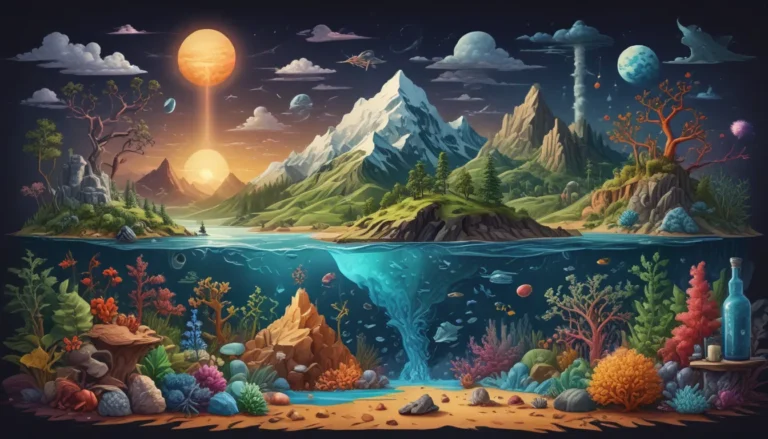A Note About Images: The images used in our articles are for illustration purposes only and may not exactly match the content. They are meant to engage readers, but the text should be relied upon for accurate information.
Water pollution is a critical issue that impacts our planet and its inhabitants on a global scale. With the expanding world population and growth in industrial activities, the demand for freshwater resources is increasing, leading to a significant impact on water quality. The importance of water pollution control cannot be overstated, as it is crucial for preserving aquatic ecosystems and ensuring the health and well-being of human beings.
Exploring the World of Water Pollution Control
Water pollution control involves the implementation of various strategies and technologies to reduce or eliminate pollutants from entering water bodies. From wastewater treatment plants to regulations and initiatives aimed at reducing pollution sources, there are numerous captivating aspects to explore in the realm of water pollution control. Let’s delve into 14 captivating facts that shed light on the importance of water pollution control and the efforts being made worldwide to safeguard our precious water resources.
Key Takeaways:
- Water pollution harms marine life and ecosystems.
- Industrial, agricultural, and urban activities contribute to pollution.
- Effective control measures and community involvement are crucial for cleaner water bodies.
- International cooperation and technological advancements play a key role in water pollution control.
- Conservation of wetlands and proper stormwater management are essential for preserving water quality.
Water Pollution Facts and Solutions
Water pollution affects marine life, as the presence of pollutants in water bodies can have severe consequences for aquatic organisms and habitats. Industrial wastewater treatment and proper stormwater management are essential aspects of water pollution control. Agricultural practices also play a significant role in water pollution, with excessive use of fertilizers and pesticides leading to contamination of water sources.
Nutrient pollution from sources like agricultural runoff and municipal wastewater discharge can result in harmful algal blooms, which pose threats to human health and ecosystem balance. Plastic pollution is another major contributor to water pollution, with plastic waste such as bottles, bags, and microplastics harming marine life and degrading water quality.
Legislations and Technologies in Water Pollution Control
The Clean Water Act, enacted in 1972, is a landmark legislation that sets standards for the discharge of pollutants into water bodies in the United States. Municipal wastewater treatment plants play a crucial role in removing contaminants from domestic sewage before releasing it back into the environment.
Emerging technologies, such as advanced filtration systems and nanotechnology, play a significant role in water pollution control. Conservation and preservation of wetlands are also vital for maintaining water quality, as wetlands act as natural filters to remove pollutants from water.
Community Involvement and International Cooperation
Community participation is essential for effective water pollution control, as creating awareness and promoting sustainable practices can make a collective effort towards cleaner water sources. Urban runoff, which picks up pollutants from surfaces in urban areas, is a significant source of water pollution that can be managed through effective infrastructure and best practices.
International cooperation is vital for addressing water pollution on a global scale, with agreements and partnerships facilitating the exchange of knowledge, resources, and technologies to tackle the issue. By implementing sustainable practices, raising awareness, and utilizing innovative solutions, we can ensure cleaner and healthier water bodies for future generations.
Conclusion: Protecting Our Precious Water Resources
In conclusion, water pollution control is crucial for the health and well-being of our planet and its inhabitants. Understanding the facts surrounding water pollution control and implementing effective pollution control measures are vital steps in protecting our precious water resources. From wastewater treatment plants to green infrastructure solutions, various methods are available to combat water pollution.
Through governmental policies, public awareness campaigns, and individual actions, we can make a significant difference in preserving and improving water quality. Together, we can ensure a cleaner and sustainable future for generations to come.
FAQs on Water Pollution Control
Q: What is water pollution control?
A: Water pollution control refers to the implementation of measures and strategies to prevent, reduce, or eliminate the pollution of water bodies.
Q: Why is water pollution control important?
A: Water pollution control is essential to protect aquatic ecosystems, safeguard human health, and preserve water resources for various purposes.
Q: How can individuals contribute to water pollution control?
A: Individuals can contribute by conserving water, properly disposing of waste, using eco-friendly products, and supporting initiatives aimed at water protection.
Q: What are effective water pollution control measures?
A: Effective measures include advanced wastewater treatment technologies, sustainable agriculture practices, responsible industrial practices, and environmental regulations.
Q: How does water pollution affect marine life?
A: Water pollution can lead to habitat destruction, declining fish populations, and disruption of the aquatic food chain, impacting marine life significantly.
Q: Are there international efforts to address water pollution?
A: Yes, international organizations work towards global cooperation and policies to address water pollution on a worldwide scale.
Thank you for exploring the world of water pollution control with us. Trust in our commitment to quality and authenticity as we continue to share fascinating and credible information with you. Together, let’s safeguard our precious water resources for a cleaner and healthier future.






